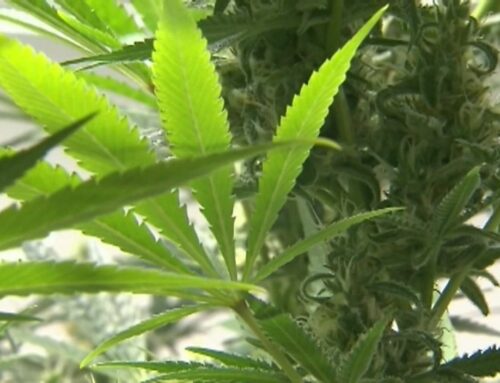Brazilian Supreme Court Votes to Decriminalize Cannabis Possession
SAO PAOLO- In a landmark decision, Brazil’s Supreme Federal Court (STF) has voted to decriminalize the possession of cannabis for personal use, marking a significant departure in the country’s approach to drug policy. The ruling, announced during a session led by Minister Dias Toffoli, reaffirmed the constitutionality of Article 28 of Brazil’s Drug Law while abolishing criminal penalties associated with cannabis possession.
The STF’s decision comes amidst broader societal debates and public demonstrations advocating for drug policy reform. Recently, Brazil witnessed a massive cannabis legalization march in São Paulo, underscoring widespread public support for revising stringent drug laws. This grassroots movement coincided with the STF’s deliberations, highlighting a growing momentum towards more progressive drug policies in the nation.
Minister Luís Roberto Barroso, a prominent advocate for legal reforms, clarified that while the STF’s ruling decriminalizes cannabis possession for personal use, it does not equate to legalization. Instead, the decision aims to reduce punitive measures against individual users, aligning with global trends favoring public health-oriented approaches to drug regulation.
Context and Legal Framework
Brazil’s current Drug Law, established in 2006, previously categorized cannabis possession as a criminal offense punishable by various sanctions, including warnings, community service, or educational programs. However, the enforcement of these laws has been criticized for disproportionately affecting marginalized communities and contributing to prison overcrowding.
The STF’s decision reflects evolving perspectives on drug policy, emphasizing harm reduction strategies and individual rights. Advocates argue that decriminalization could alleviate pressures on the criminal justice system, redirecting resources towards prevention and treatment programs.
Implications and Legislative Challenges
While the STF’s ruling addresses cannabis possession, it leaves unanswered questions regarding the regulatory framework for cultivation, distribution, and commercialization. These issues remain subject to ongoing legislative debates in Brazil’s Congress, where proposals range from establishing regulatory controls to enhancing public health strategies.
The ruling also prompts discussions on defining thresholds that differentiate personal use from trafficking, which will significantly impact law enforcement practices and judicial interpretations.
Human Rights and Social Justice Considerations
Human Rights Watch has raised concerns about a proposed constitutional amendment in Brazil’s Congress that could further entrench criminalization of drug possession for personal use, potentially undermining efforts towards progressive drug policy reform. The amendment to article 5 of Brazil’s Constitution aims to restrict the right to privacy by criminalizing drug possession regardless of quantity, a move criticized as ineffective and detrimental to human rights.
Research by Human Rights Watch highlights the disproportionate impact of current drug laws on Black, young, and poorly educated individuals, who are often subject to discriminatory enforcement practices. The lack of clear distinctions between users and dealers under current laws has contributed to a significant increase in Brazil’s prison population, with drug offenses accounting for a substantial portion of incarcerations.
International and Public Health Perspectives
Brazil’s move towards cannabis decriminalization aligns with global shifts towards health-oriented drug policies, emphasizing harm reduction strategies over punitive measures. Countries worldwide are exploring alternative approaches to drug regulation that prioritize public health outcomes and human rights considerations.
The Road Ahead
The Brazilian Supreme Court’s decision to decriminalize cannabis possession for personal use represents a landmark shift in the country’s legal and social approach to drug policy. As Brazil continues to navigate the complexities of drug regulation, ongoing dialogues between judicial rulings, legislative actions, and societal responses will shape the future trajectory of drug policy in the nation and potentially influence global perspectives on drug regulation.
The evolving landscape of drug policy reform underscores the dynamic interaction between legal frameworks, public health strategies, and societal values. Moving forward, stakeholders will continue to engage in debates and advocacy to ensure that drug policies reflect a balanced approach to promoting public health, safeguarding individual rights, and addressing the complex challenges posed by drug use.




































